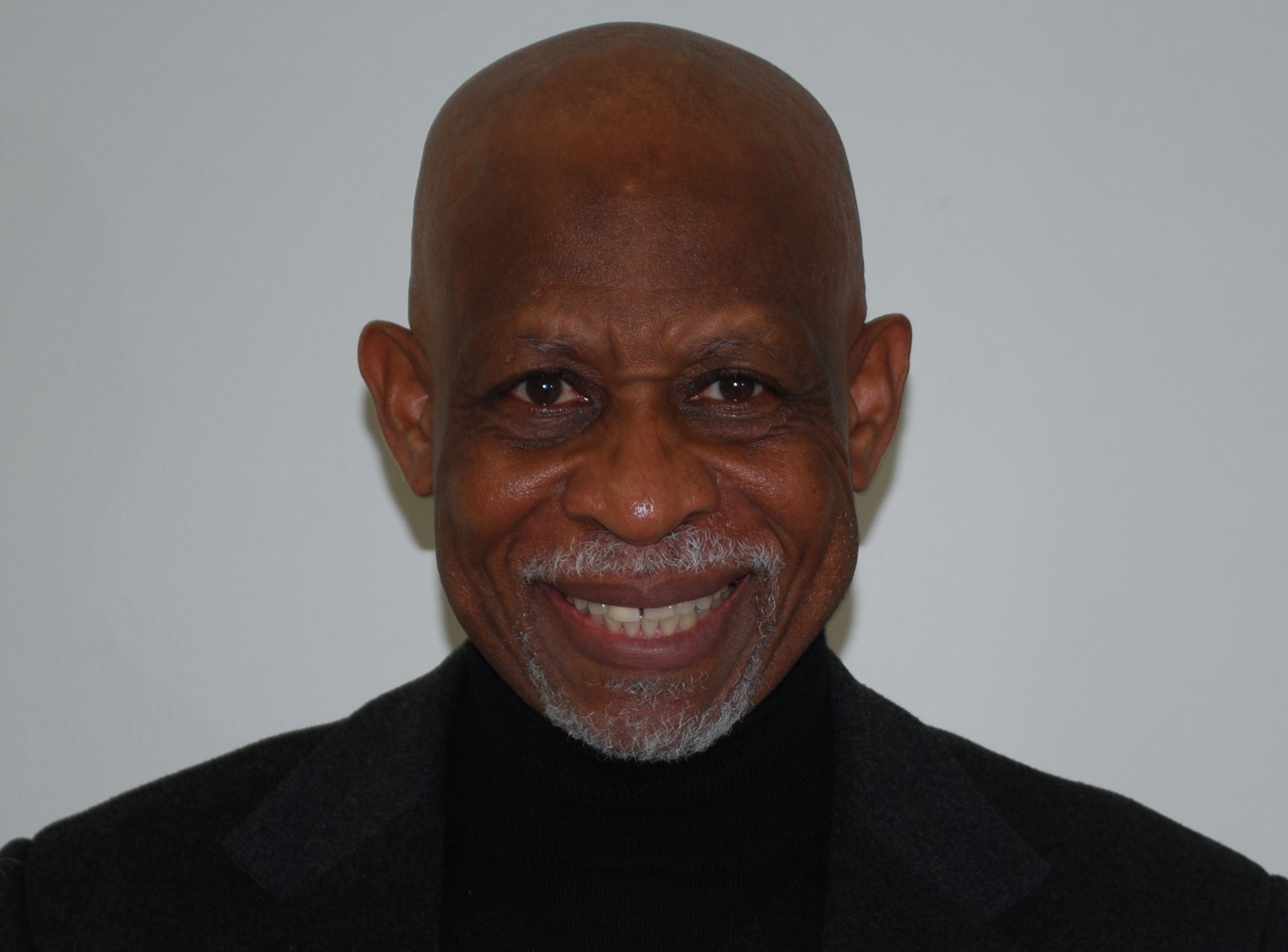Pastor’s Heart OP-ED BY DR. ROBERT KENNEDY
Trust is a learned phenomenon. Relationships are built on trust. Trust and love work together. If trust breaks down, love breaks down, and vice versa. Love and trust are interdependent.
Part of a popular song that Frank Sinatra used to sing says:
Love and marriage, love and marriage
They go together like a horse and carriage
This I tell you, brother
You can’t have one without the other
I cannot repeat all of the horrific stories of the broken marriages that I have seen and heard of over the years, but I know them by what the individuals who are involved in them say. For example, “I can’t trust him/her anymore.” “He/she is wicked.” “He/she is a liar.” “I knew it before I was married, but I hoped he/she would change.” “He is a (words I cannot say here).” You can fill in the blanks. You have heard them too.
What I know is that the pain is so severe, the couples are so hurt that they are suspicious of and angry at a lot of people. Some even go on to say, “I don’t trust anybody.” And such persons pass on the cycle of mistrust to their children. They also perpetuate the cycle of distrust in their families, their churches, and their communities.
It is hard to say, but many people go into marriage with persons they don’t trust. Their relationships begin on distrust and blossom into a life of mistrust. Others might start out their journey with a little trust, but they do not nurture and grow that trust. Soon, the breaks begin, until someday they find themselves changing into the kind of persons that I describe in the following ways:
1. Miserable – that is very unhappy – sad and depressed – most, if not, all the time, wretched and dejected.
2. Anxious – experiencing worry, uneasiness, nervousness, continually thinking that they are in the midst of imminent danger, and not being sure of the outcome.
3. Fearful – ever thinking that there is a threat around from others and around every corner.
4. Frustrated – feeling distressed and annoyed, primarily because of the inability to change or achieve the goal that was first set forth.
5. Burdened – feeling like one is in the dumps, there is a heavy load on the shoulder or in the heart.
6. Sick – always under physical, psychological, and emotional distress. Chest pain, back pain, and headaches are just a few samples of the kinds of sickness that one might feel under the loss of trust.
7. Lack of a sense of safety – when most persons walk away from a relationship, it is because they do not feel safe.
On the other hand, when one is in a trusting relationship, one will feel:
1. Peace – quietness in the heart, mind, and soul, not easily agitated.
2. Happiness – a sense of well-being, joy, or contentment. Might not always be smiling but comfortable.
3. Restfulness – The sense of tranquility, relaxation, quietness, and calmness in the heart
4. Respected and respectful – having a sense of honor, showing deference, and appreciation one toward the other.
5. Confidence – there is no need to question a partner’s or friend’s motives. One accepts that “what you see is what you get.” The one with whom you relate is genuine and authentic.
6. Sense of vulnerability – One can be open, trusting the other with his/her secrets and flaws.
7. Freedom – In a trusting relationship, there is no sense of oppression.
Yes, we might have had a life that has left us distrusting and find it hard to trust anyone. So, let’s find out what are some of the things that can help us to (re-) build our trust. I offer, the seven following keys:
1. Integrity – character alignment. What is on the outside must be aligned with what is on the inside.
2. Honesty – Whatever comes out of our souls, must be truth.
3. Consistency – it means that we can be trusted in the light, as well as in the dark. One does not have to guess whether a person is in gameplay with you. What is said is what is meant. What is done is what is in the heart. There is no pretense.
4. Faithfulness – the total commitment of the heart through the loyalty, constancy, and fidelity by which one lives.
5. Accountability – understanding that you are answerable to someone. That someone might be you, a partner, and many others as well. The accountable person is a responsible person. If a person will say, what I do is my business, and I do not care, such a person is not accountable and cannot be trusted.
6. Correct expectations – too many persons start out with false expectations on life. All of us are guilty of this at some time. Those who enter into marriage thinking they are marrying “Mr. or Mrs. Right, do not admit that we all have faults and flaws. Such relationships are built out or weakness and forgiveness.
7. Hard work – Trust building demands hard work. When trust is lost, it requires hard work to rebuild it.
Most importantly, we have to remember that trust is a choice. I choose to trust, and I work hard to make it useful. If I am negligent, I run the risk of destroying my trust and your trust. Ask yourself whether you have overcome the pain, the suspicion, and the hurt so that you can trust again. Ask yourself what you are doing today to build trust in your relationship.


